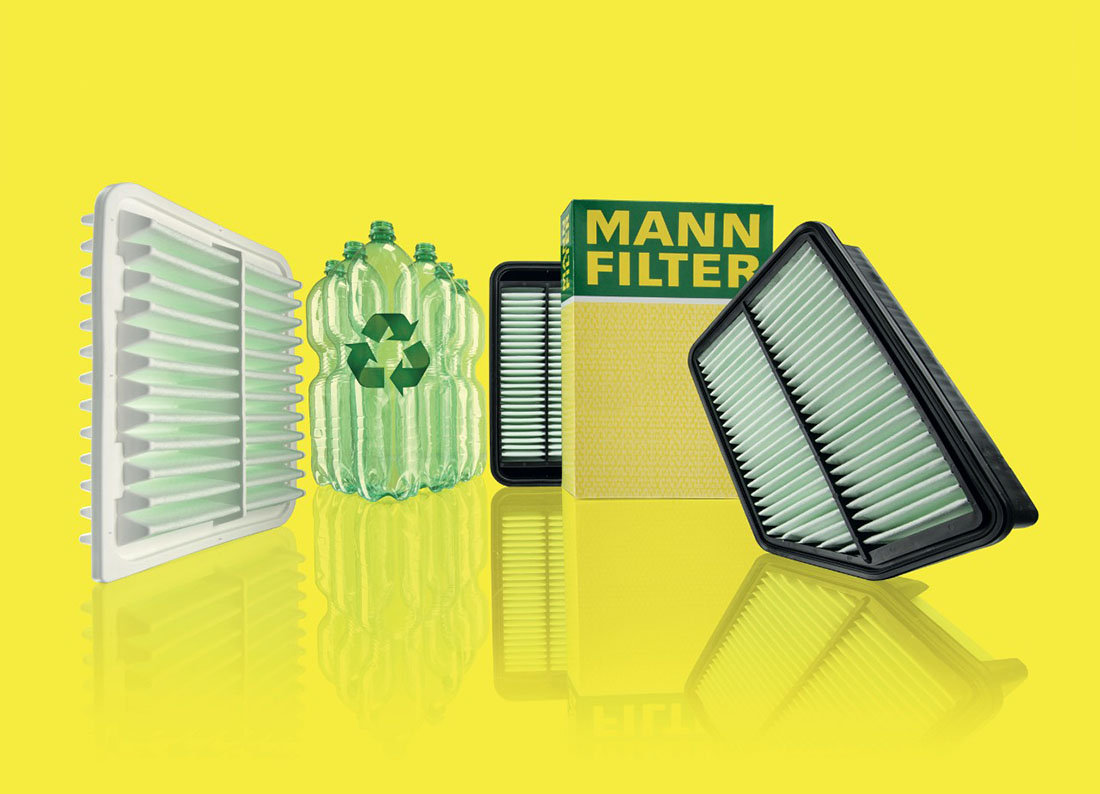Sep . 23, 2024 02:40 Back to list
hepa paper
HEPA (High-Efficiency Particulate Air) filters are an essential component in air purification systems, renowned for their ability to trap airborne particles and improve indoor air quality. Originally developed during World War II to prevent the spread of radioactive contaminants, HEPA filters have evolved significantly and are now widely utilized in various applications, including residential, commercial, and industrial settings.
A HEPA filter must meet specific criteria to be classified as such. According to the U.S. Department of Energy, a true HEPA filter can capture at least 99.97% of particles that are 0.3 microns in diameter. This includes a wide range of airborne pollutants, such as dust, pollen, pet dander, mold spores, and even bacteria and viruses. The effectiveness of HEPA filters lies in their complex structure, which consists of densely packed fibers that create a labyrinth-like barrier, entangling and trapping particles as air flows through.
.
The application of HEPA filters is not limited to air purifiers. They are also commonly found in vacuum cleaners, where they enhance the machine’s ability to retain small particles that would otherwise be released back into the air during cleaning. In industrial settings, HEPA filters are essential in maintaining air quality, particularly in cleanrooms that require stringent particulate control for processes such as semiconductor manufacturing.
hepa paper

However, it is important to consider the maintenance of HEPA filters. Over time, these filters can become clogged with accumulated particles, reducing their effectiveness and airflow. Most manufacturers recommend replacing HEPA filters at least once a year or more frequently in high-demand environments. Regular maintenance not only ensures optimal performance but also extends the lifespan of the air purification system.
While HEPA filters are incredibly effective, they are not a catch-all solution. They do not remove odors, gases, or volatile organic compounds (VOCs) from the air. Therefore, for comprehensive air purification, it is often recommended to pair HEPA filters with other technologies, such as activated carbon filters, which can absorb these additional contaminants.
In conclusion, HEPA filters play a vital role in enhancing indoor air quality and safeguarding health. Their ability to capture microscopic particles makes them indispensable in various environments, from homes to hospitals. As awareness of air quality issues continues to grow, the use of HEPA filters is expected to expand, ensuring cleaner, healthier air for everyone. Whether you are looking to improve your living space or maintain strict contamination controls in an industrial setting, investing in a HEPA filtration system is a step towards a healthier future.
-
Cheap PLJY109-500 Full-Auto HDAF Expanded Mesh Spiral Coiling Machine - High Efficiency & Quality Manufacturer
NewsJul.08,2025
-
Best PLHJ-6 Full-Auto Eco Filter Rotary Heat Plating Machine - High Efficiency & Eco-Friendly Solution
NewsJul.08,2025
-
High-Efficiency Paper Pleating Machine for Filters Trusted Filter Paper Pleating Machine Company
NewsJul.07,2025
-
High-Performance Oil Filter for Cadillac ATS – Reliable Engine Protection Solutions
NewsJul.07,2025
-
High Quality PU Glue for Filters – Reliable Filter Glue Supplier & Exporter Get PU Glue Quotes Now
NewsJul.07,2025
-
China PLJL-4 Seal Leakage Tester for Spin-On Filter - High-Precision Multi-Station Testing Solutions
NewsJul.06,2025
